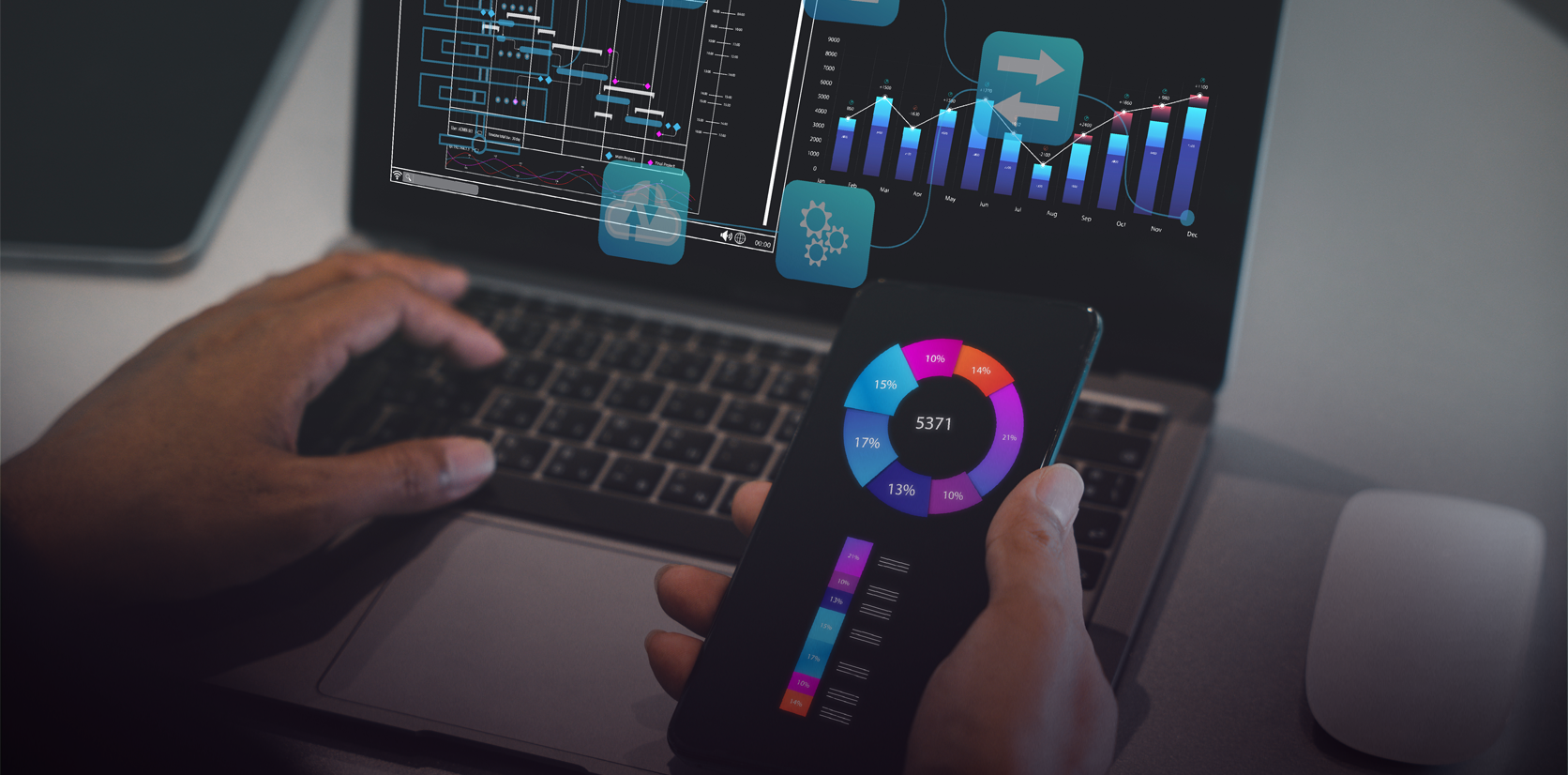
Big Data is a term that refers to the vast amounts of information generated every day. From social media posts to online purchases, the data we create is enormous. But what exactly is Big Data, and how does it affect our daily lives? Let’s break it down in simple terms.
What is Big Data?
Big Data is a collection of large, complex data sets that traditional data-processing software cannot handle. This data comes from various sources such as social media, online transactions, sensors, and mobile devices. It includes everything from text and images to videos and GPS data. The key characteristics of Big Data are its volume, variety, and velocity (the speed at which it is generated and processed).
How Big Data is Used in Everyday Life
Big Data is more than just a buzzword; it has practical applications that touch many aspects of our daily lives. Here are some ways Big Data is being used:
Ever noticed how online ads seem to know exactly what you’re interested in? That’s Big Data at work. Companies like Google, Facebook, and Amazon analyze your browsing history, likes, and purchases to show you ads tailored to your preferences. This personalized experience makes online shopping more convenient and relevant for you.
Wearable devices like Fitbits and smartwatches collect data on your physical activity, heart rate, and sleep patterns. This information helps you monitor your health and achieve fitness goals. Healthcare providers also use Big Data to predict outbreaks of diseases, improve patient care, and find new treatments.
Customer service is getting a boost from Big Data, too. When you contact a customer support center, your previous interactions and preferences are analyzed to provide quicker and more efficient service. Companies can predict issues before they arise and offer solutions, improving your overall experience.
Travel apps like Google Maps and Waze use Big Data to provide real-time traffic updates, suggest the fastest routes, and even predict future traffic patterns. Airlines and hotels analyze booking trends to offer personalized deals and improve customer satisfaction.
Retailers use Big Data to keep track of inventory, predict which products will be popular, and ensure shelves are stocked with items customers want. They analyze shopping habits to personalize discounts and recommendations, making your shopping trips more efficient and enjoyable.
Devices like smart thermostats, lights, and security systems collect and analyze data to learn your habits and preferences. This allows them to adjust settings automatically, saving energy and making your home more comfortable and secure.
Educational institutions use Big Data to track student performance, identify learning patterns, and personalize learning experiences. This data-driven approach helps improve teaching methods and student outcomes.
Concerns With Big Data
While Big Data offers many benefits, it also raises some important questions and concerns:
One of the biggest concerns is privacy. With so much personal data being collected, there is a risk of it being misused or falling into the wrong hands. It’s essential for companies to handle data responsibly and ensure it is protected.
Data breaches and cyberattacks are significant risks. Protecting large data sets from hackers is crucial to prevent identity theft and other malicious activities.
The use of Big Data must be ethical. This means being transparent about what data is collected, how it is used, and obtaining proper consent from individuals. Companies must avoid discriminatory practices and ensure their algorithms are fair.
Big Data is also changing the job market. While it creates new opportunities in data science and analytics, it may also lead to job losses in sectors that become automated.
Without doubt, Big Data is transforming our everyday lives in numerous ways, from personalized online experiences to improved health and smarter homes. Understanding how Big Data impacts us can help us navigate these changes and make informed decisions about our digital lives.

Comments (0)